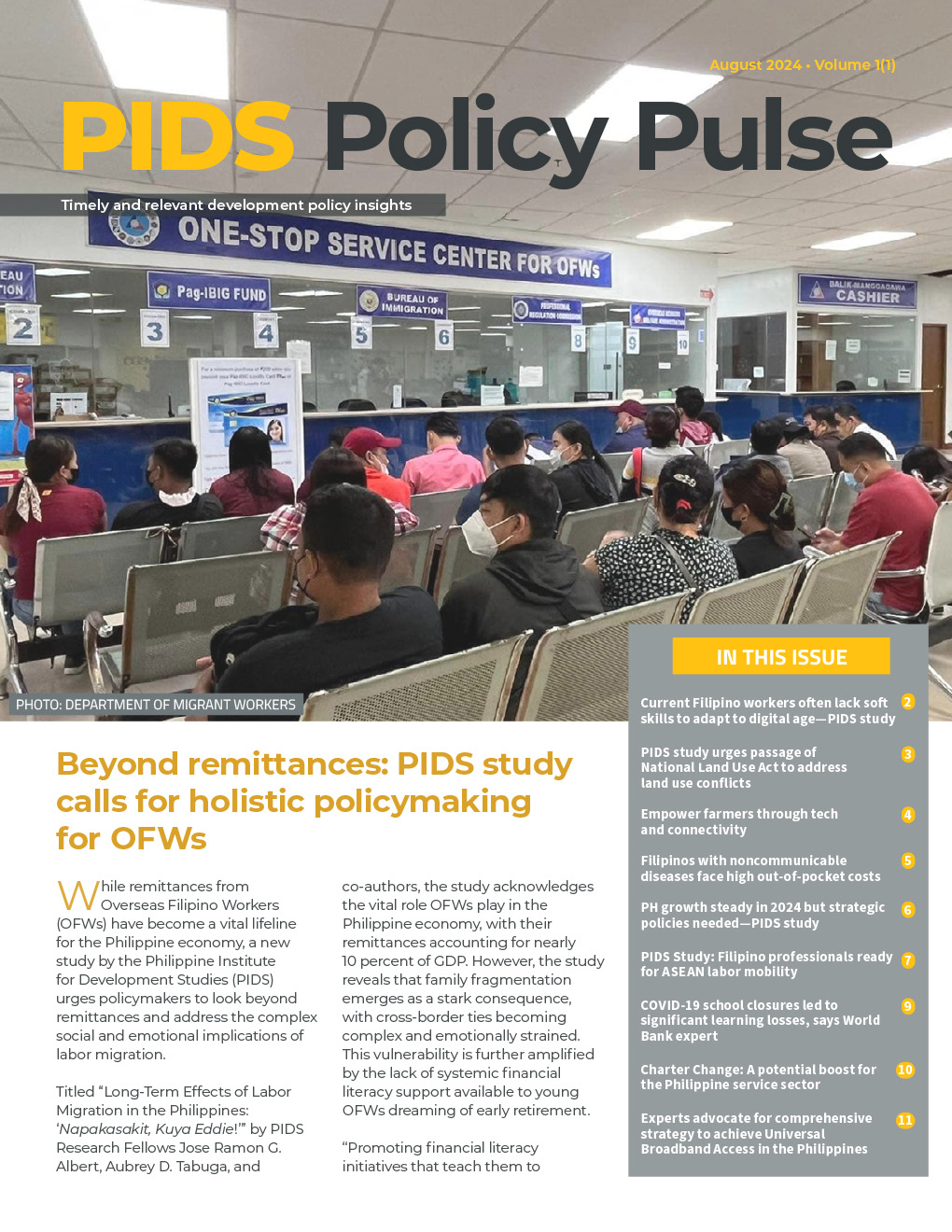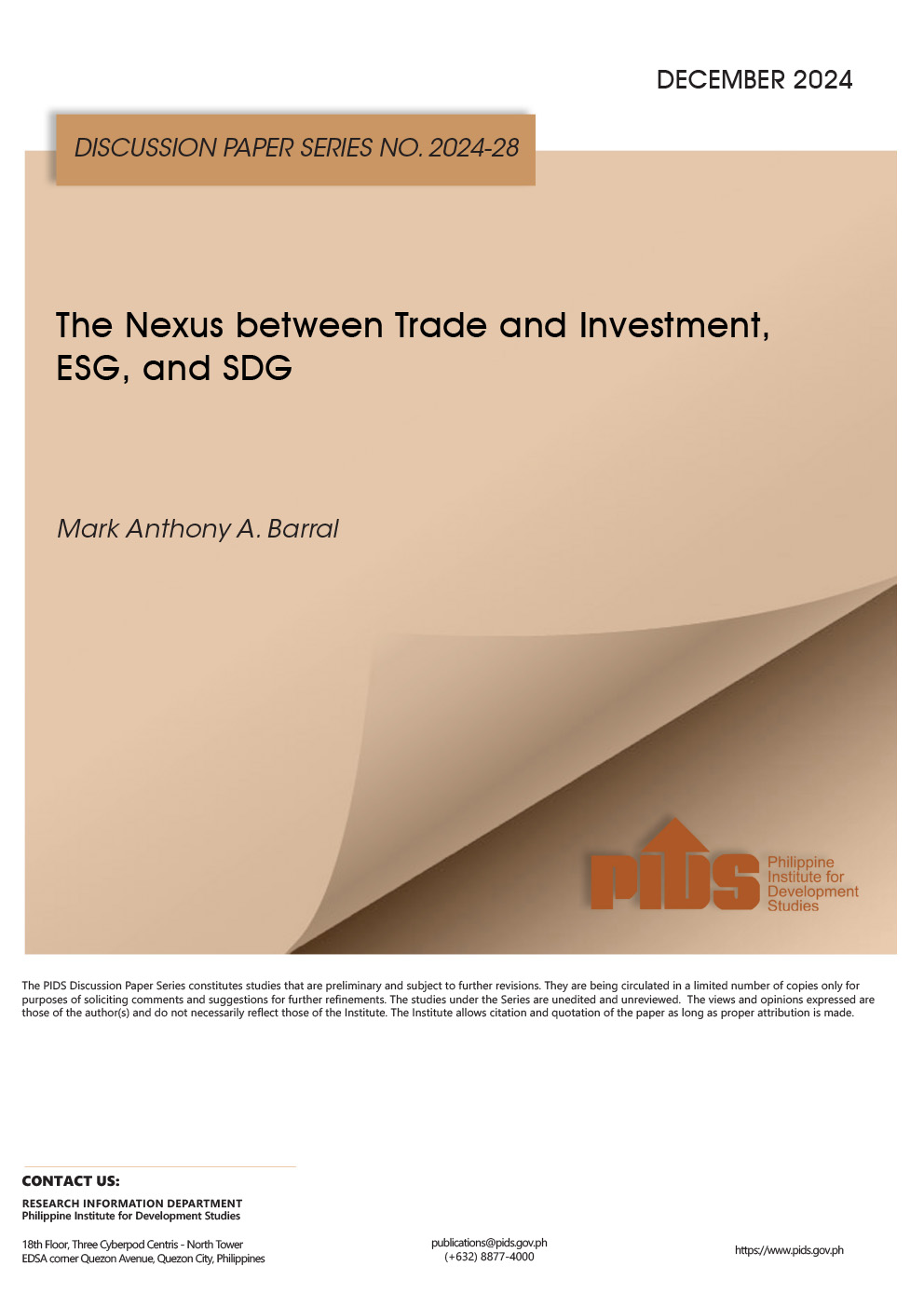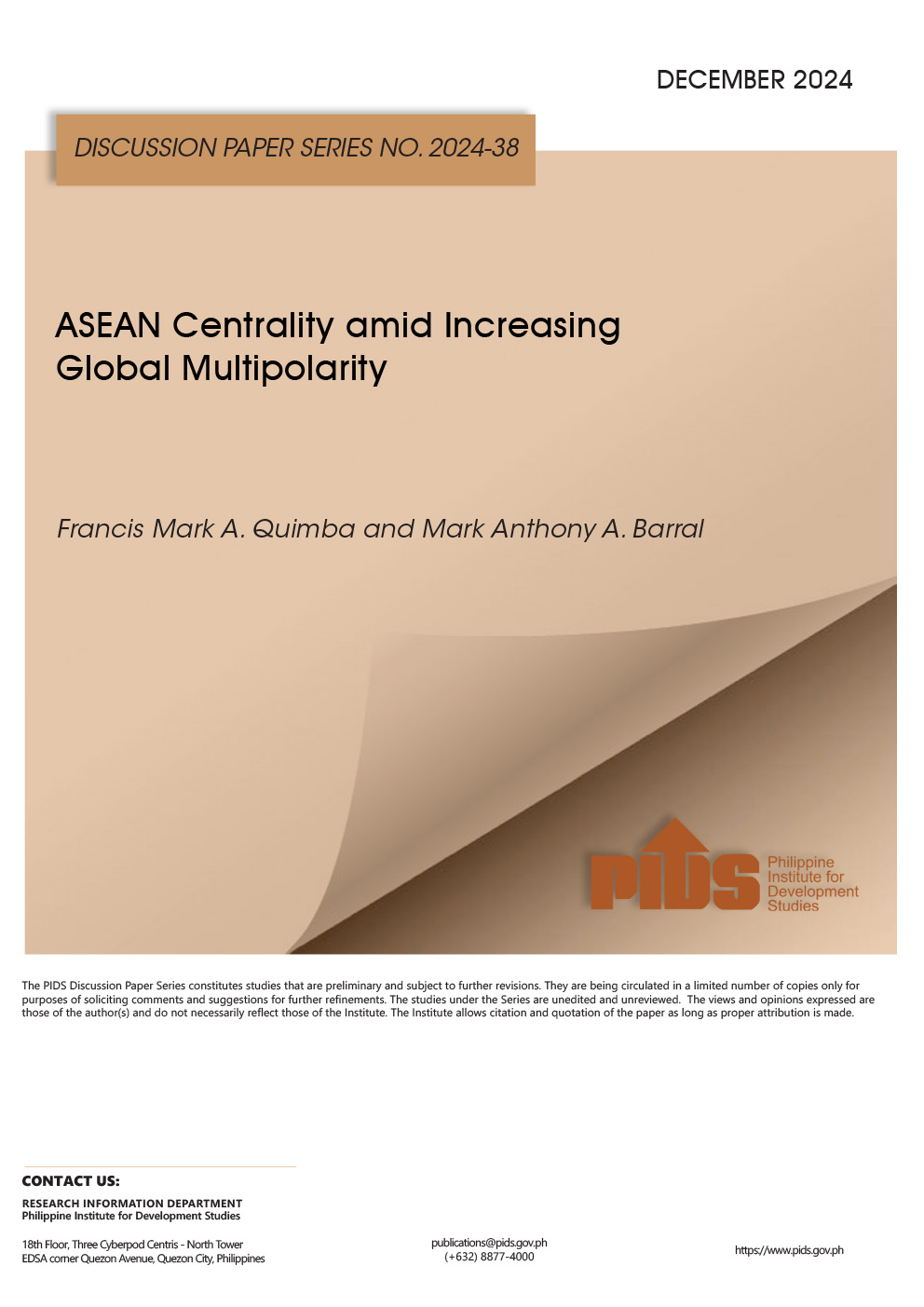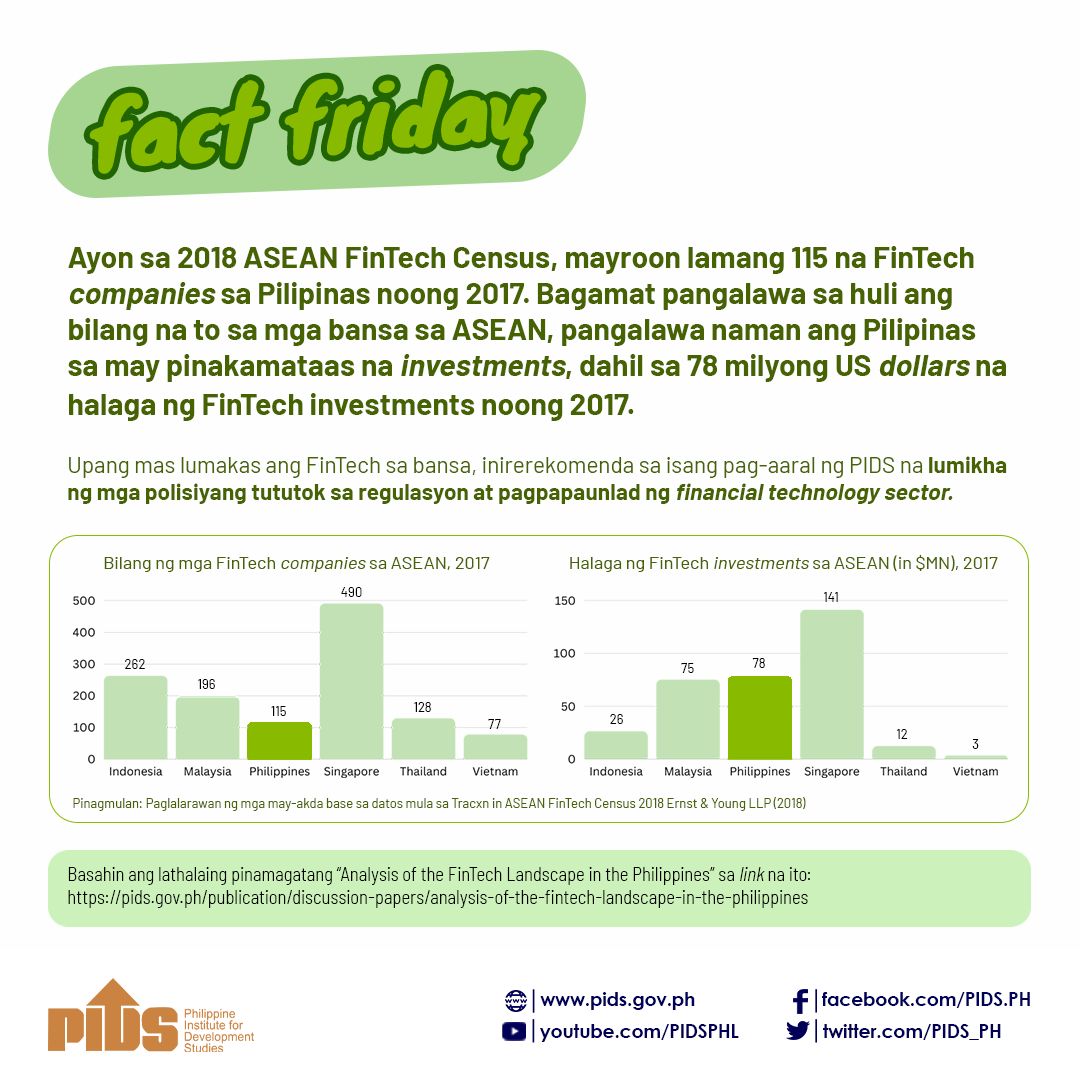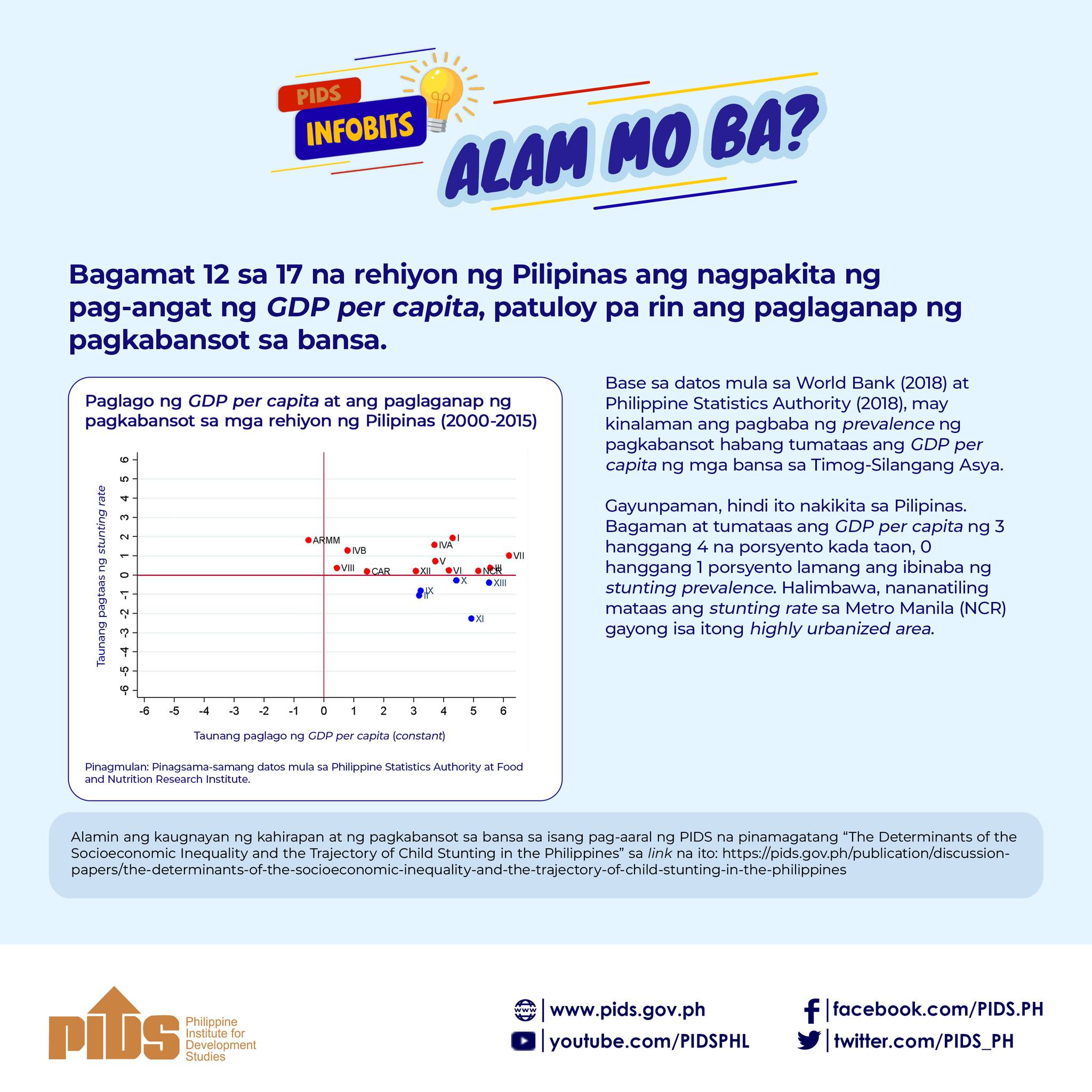Potential losses from the forthcoming Asean Economic Community (AEC) in 2015 must not be exaggerated particularly in the agricultural sector. This is according to Philippine Institute for Development Studies (PIDS) senior researcher Roehlano Briones who said that the upcoming integration should not be perceived as a threat to be managed but an opportunity to be seized. "We actually have little to fear,” he said. He added that AEC should be viewed instead as an impetus for market reforms. He pointed out that the ASEAN market accounts a significant share of agricultural imports but serves as a minor export destination. He said that the potential impact may vary in accordance to the initial and future import and export shares of the country. Briones cited that the integration shall enhance the intra and extra ASEAN trade among economies and boost the long-term competitiveness of the commodities of the food, agriculture and forestry industries. For instance, he said that AEC shall harmonize safety and quality standards for horticultural produce and agri products and develop a regional reference network on phased-approach to forest certification by 2015. It will also promote cooperation, joint approaches and technology transfer among ASEAN member countries, international, regional organizations and private sector. It will further uphold ASEAN agricultural cooperatives as a means to empower and enhance market access of agricultural products. Meanwhile, Briones identified the widest gaps in AEC blueprint implementation to be in cooperation areas related to private sector linkages, agricultural cooperatives, research and development, and technology transfer.

